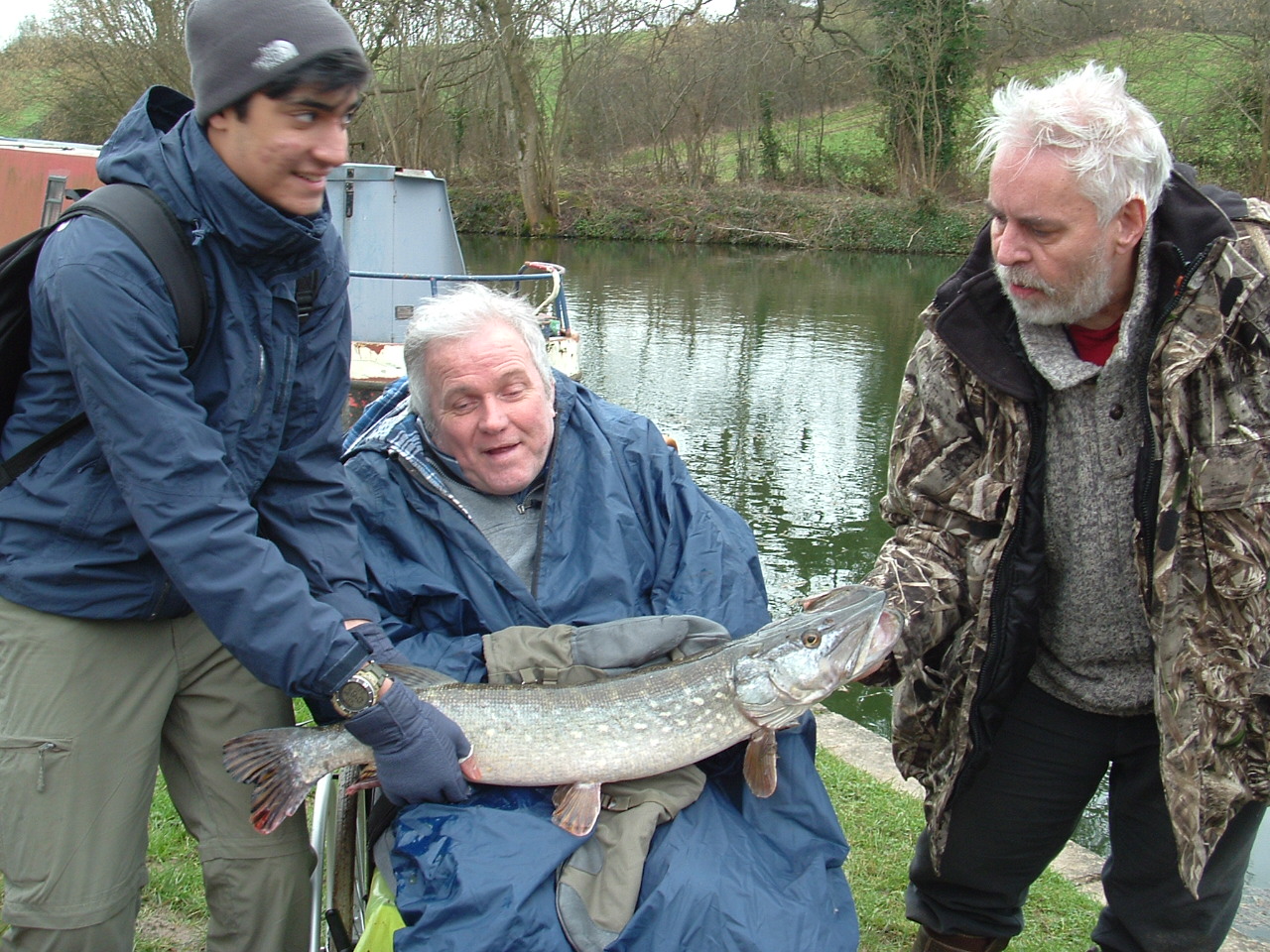
Get Fishing News
New Activity Alliance Annual Disability and Activity Survey reveals disabled people left out of return to activity
National charity Activity Alliance – the leading voice for disabled people in sport and activity – has released its latest Annual Disability and Activity Survey highlighting the effects of the pandemic on the nation’s disabled population and drawing attention to the need to urgently prioritise and tackle growing inequalities.
While last year’s survey highlighted the impact of the pandemic on disabled people, this year’s exposes the challenges and opportunities that lie ahead as we recover. More than 1,800 disabled and non-disabled respondents aged 16+ took part in the largest survey of its kind, from October to December 2021.
The Angling Trust recently worked with Activity Alliance Advisors on it’s We Fish as One campaign so that more disabled people can access sport and physical activity. This ongoing collaboration will be further informed by the new research and report from Activity Alliance, particularly on participation opportunities through the Get Fishing events programme and in its We Fish as One Tookit for clubs, fisheries and other angling organisations, which has been widely distributed among the angling community.
The Survey’s responses, taken during a period of eased Covid restrictions, indicate disabled people’s fears and disappointment at being forgotten. Of those respondents, 20 disabled survey participants also took part in a series of online focus groups. They shared their reactions to the findings and led discussions on this year’s recommendations.
Key findings include:
- Less than 3 in 10 disabled people feel encouraged to return to physical activity after the pandemic.
- The pandemic has led to the support disabled people need to be active being less available, and an increase in barriers relating to health and finances.
- Only 4 in 10 disabled people feel they can be as active as they want, in contrast to non-disabled people who are now more likely to say they can be as active as they want (62% to 69%).
- There is a clear sense of disconnect with how disabled people actually feel, with less than half (47%) thinking that physical activity and exercise is for ‘someone like me’. This is a significant decline from 57% in 2020 and when compared to 72% of non-disabled people believing activity is for them.
- Disabled people are being left out as we return to activity and feeling less encouraged to be active. This is despite 8 in 10 wanting to be more so (compared to 51% of non-disabled people).
- For those disabled people taking part in activity, they are having less positive and inclusive experiences since the pandemic. They are less likely than last year to feel activity leaders met their needs and included them and less likely than non-disabled people to say returning to activity was a positive experience (52% vs 70%).
- There is a strong feeling among disabled people that the workforce at many levels doesn’t understand disability and that spaces still aren’t accessible.
- 78% of disabled people say their impairment or condition stops them being active, often related to low awareness of suitable activities and fears about safety and risk.
Sam Orde, Chair at Activity Alliance, commented on the latest report:
“This Survey provides the evidence that we need a mixture of solutions to get us moving in the right direction. One in five of us identify as a disabled person in this country so one size will not fit all. Our charity can help organisations to improve and embed the necessary inclusive practices.”
Tim Hollingsworth, Sport England Chief Executive and Government Disability Access Advisor for Sport & Physical Activity, said:
“This report is an important and salutary reminder of the work still to do when it comes to making sport and physical activity genuinely welcoming and inclusive for all disabled people. I would urge all organisations in the sector to reflect on the report and its recommendations as part of a collective effort to break down the barriers to inclusion for disabled people.”
Clive Copeland, Head of Participation at the Angling Trust added:
“Activity Alliance’s new Annual Disability and Activity Survey provides valuable insight to how our sport can better shape its offer and tackle inequalities. The idea that disabled people might feel left out of or less connected to going fishing, that they could have a less positive experience or feel that going fishing is not suitable or safe for them gives us a clear focus. We thank Activity Alliance for making its findings so readily available so that we can use this to help direct We Fish as One – the Angling Trust’s long-term community inclusion campaign. Clearly we can use this knowledge to help a more person-centred programme of Get Fishing activities that will speak better to disabled participants.
“I particularly appreciated Activity Alliance this year including videos from disabled people talking about their own lived experiences. One of the key-recommendations – to give support so that going fishing really feels like an activity that someone with a disability can take part in – was particularly pertinent as there should be absolutely no reason that going fishing feels off-limits to anybody.
“I urge the Angling community to use the Activity Alliance’s Annual Survey to make changes to their club, fishery, business, or organisation that will mean disabled people do not feel left out or less encouraged to give fishing a go as a way to be active.”
The recommendations of the Activity Alliance report on the Survey, outline the urgent changes needed to achieve greater fairness in sport and activity:
- ‘Involve me as we recover from the pandemic’
- ‘Support me to feel like being active is for someone like me’
- ‘Your workforce can make it a better experience for me’
- ‘Involve the health professionals I trust the most’
The full report is available to view at www.activityalliance.org.uk/annual-survey
Videos from Research Participants:
Sue:
“I’ve returned as far as I can to physical activities now, but the challenges haven’t changed really since prior to the pandemic. There are still issues of transport and needing to get to places because of my visual impairment.
“It’s not one size fits all. It’s very much on an individual basis and I think providers need to actually take that into consideration when they are looking to be inclusive. It would be a really good idea if they had a cross section of disabled and non-disabled people to see how it’s best to provide their services and activities.”
Jane:
“I took part in a few activities before the pandemic. Prior to acquiring my disability, I swam a lot, did yoga, and hiked in many of the Nepali mountain ranges. However, since then and until the pandemic, I was very sedentary.
“I think as somebody who isn’t particularly sporty, I would find it difficult to motivate myself to participate. However, that community aspect of people working out, and keeping fit together, would fundamentally be the type of messaging that would be the most attractive to me.”
Paul:
“Whenever I am thinking about it or taking part in activity, the first thing I am going to consider is, am I going to enjoy it? This is followed by can I physically get there? And also how much is it going to cost? Particularly at the moment most people are worried about increasing prices, so if it is an expensive activity then I’m probably going to say no. I just can’t do it.”
Activity Alliance is the operating name for the English Federation of Disability Sport (EFDS). The national charity is the leading voice for disabled people in sport and activity. It has worked with Angling Trust and other members to help reduce the fairness gap between disabled and non-disabled people. Activity Alliance’s vision is fairness for disabled people in sport and activity. www.activityalliance.org.uk
You might also like

Another year of anglers’ data reveals another year of…

Get Fishing Fund – Funded Project: ‘Summerhayes Junior Angling…
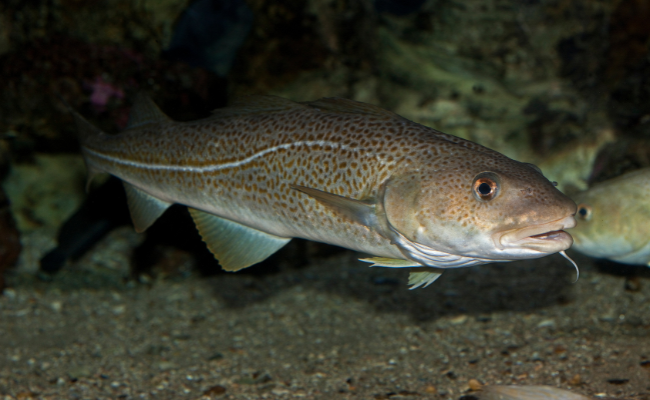
Will the UK-EU Fisheries Deal Deliver for Sustainability and…

The smile says it all! Kayson is hooked! –…
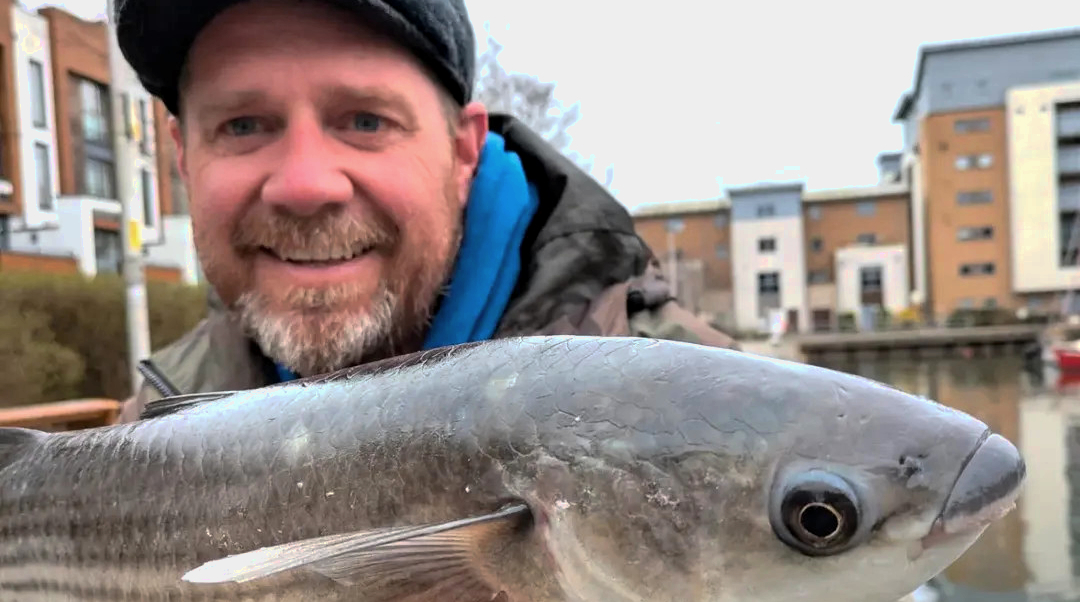
Our Man with a Mullet! Dean Asplin, enjoys a…
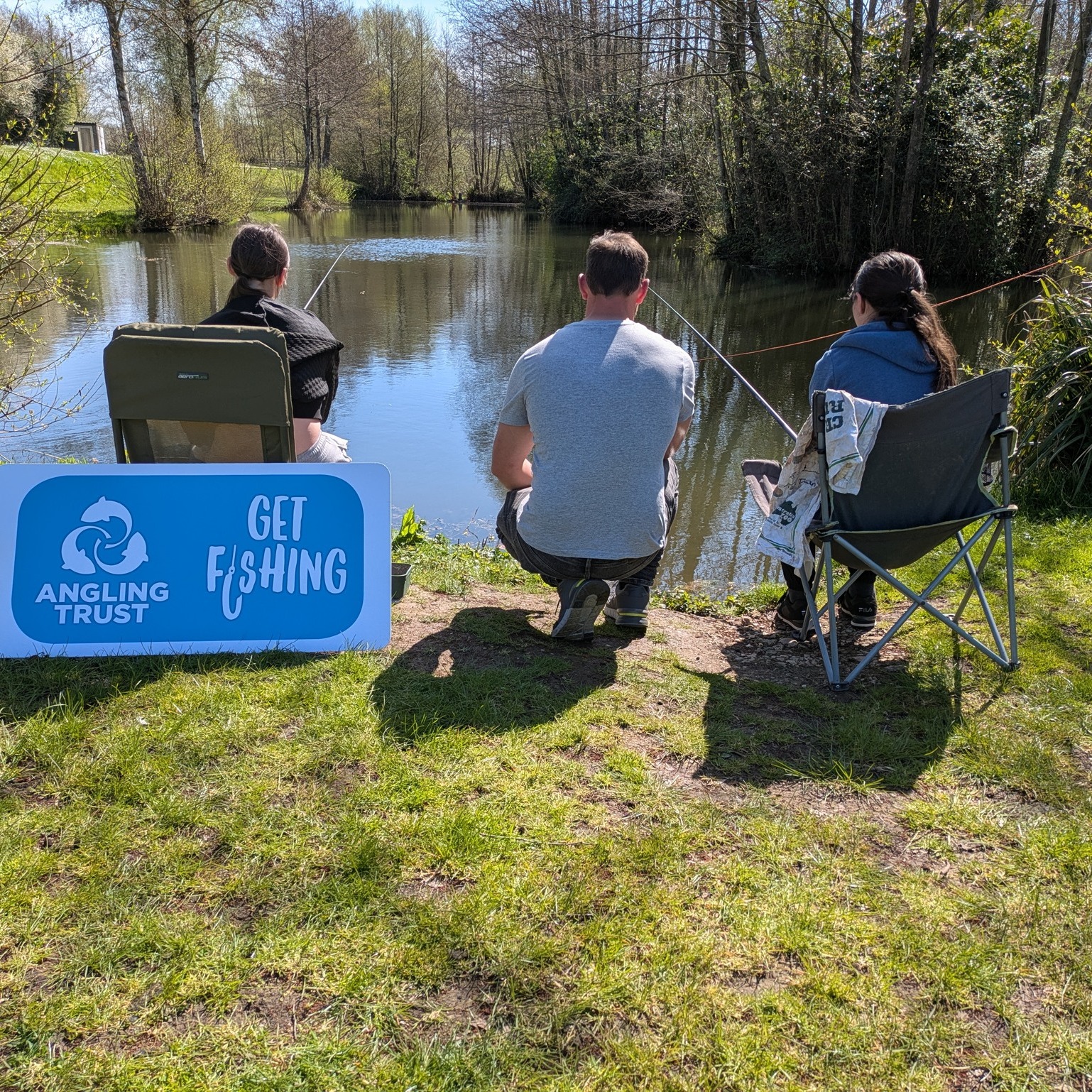
Underdog Crew hosts top draw fishing events with Hintlesham…
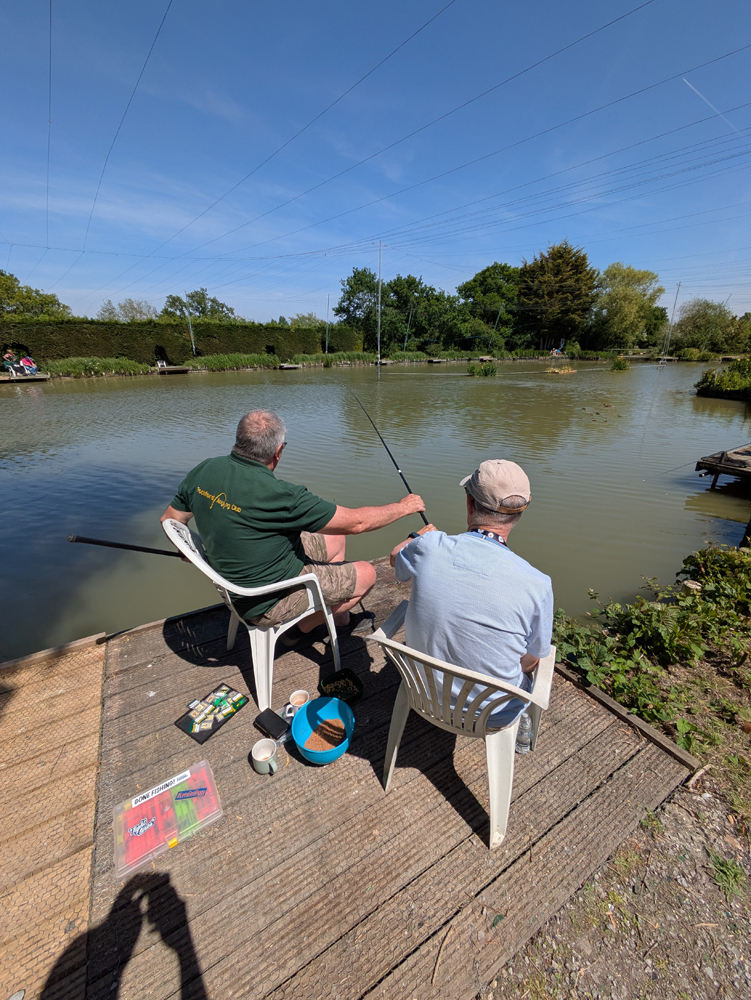
NEW BLOG: Fishing helped my Peaceful Place members with…
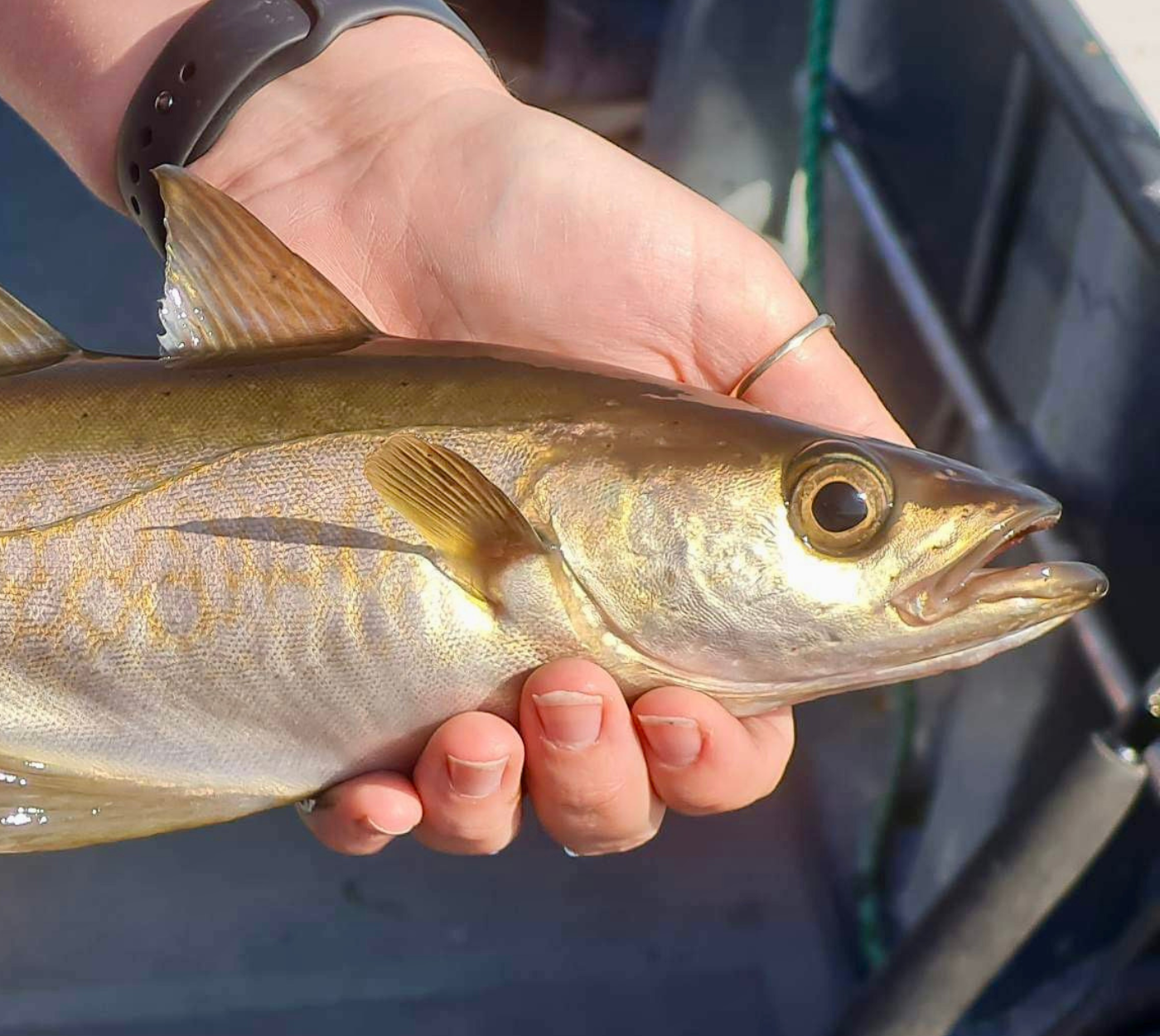
Minister’s Visit Highlights Collaborative Action on Pollack Conservation

Angling Trust calls for radical reforms to end sewage…
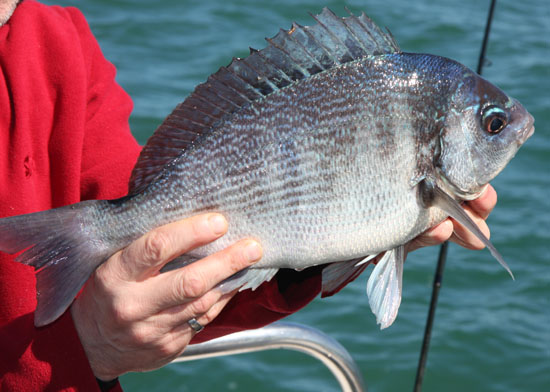
Have Your Say: Shape the Future of Black Bream…
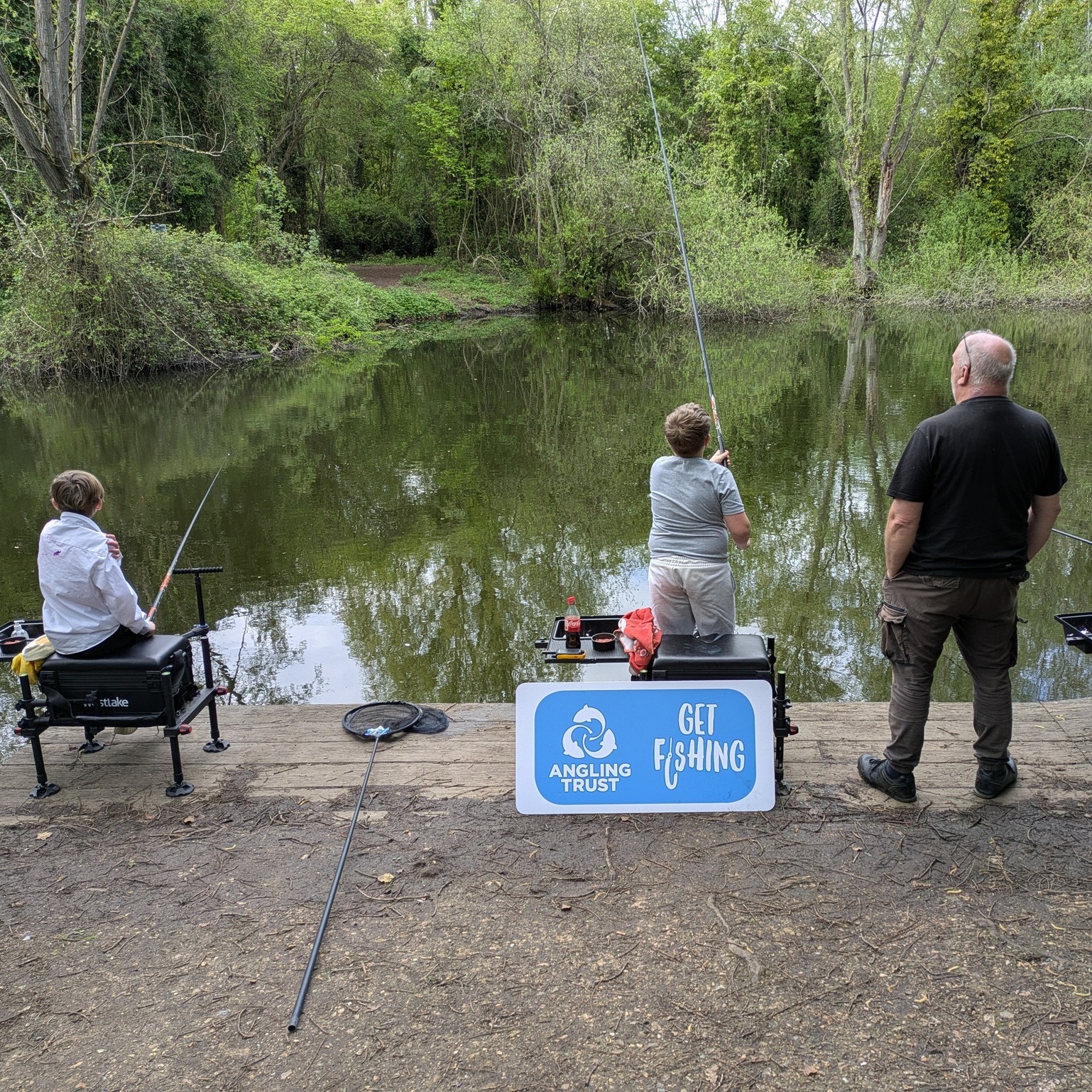
NEW BLOG: Get Fishing Award event for North Cambridge…

Angling Improvement Fund Opens for Nets, Mats & Slings

Another year of anglers’ data reveals another year of…

Get Fishing Fund – Funded Project: ‘Summerhayes Junior Angling…

Will the UK-EU Fisheries Deal Deliver for Sustainability and…

The smile says it all! Kayson is hooked! –…

Our Man with a Mullet! Dean Asplin, enjoys a…

Underdog Crew hosts top draw fishing events with Hintlesham…

NEW BLOG: Fishing helped my Peaceful Place members with…

Minister’s Visit Highlights Collaborative Action on Pollack Conservation

Angling Trust calls for radical reforms to end sewage…

Have Your Say: Shape the Future of Black Bream…

NEW BLOG: Get Fishing Award event for North Cambridge…

Angling Improvement Fund Opens for Nets, Mats & Slings

Another year of anglers’ data reveals another year of…

Get Fishing Fund – Funded Project: ‘Summerhayes Junior Angling…

Will the UK-EU Fisheries Deal Deliver for Sustainability and…

The smile says it all! Kayson is hooked! –…

Our Man with a Mullet! Dean Asplin, enjoys a…

Underdog Crew hosts top draw fishing events with Hintlesham…

NEW BLOG: Fishing helped my Peaceful Place members with…

Minister’s Visit Highlights Collaborative Action on Pollack Conservation

Angling Trust calls for radical reforms to end sewage…

Have Your Say: Shape the Future of Black Bream…

NEW BLOG: Get Fishing Award event for North Cambridge…









